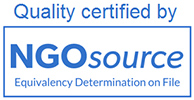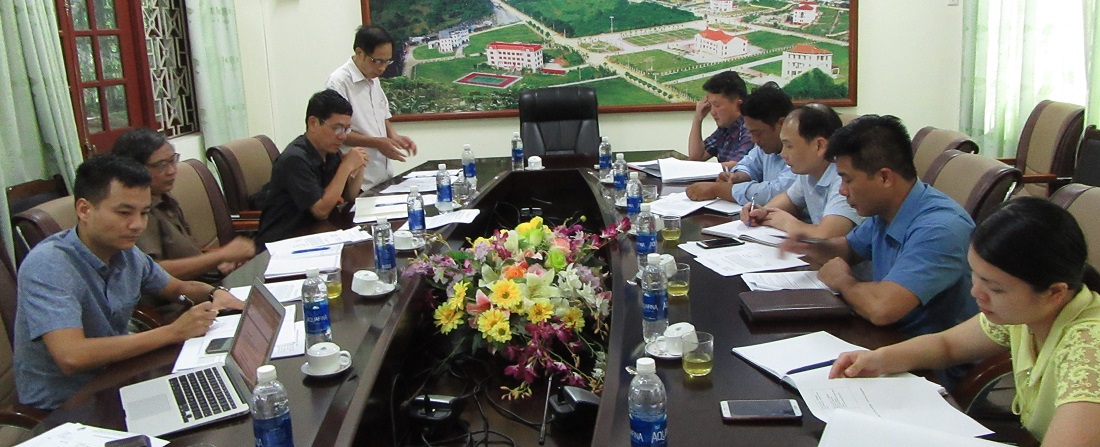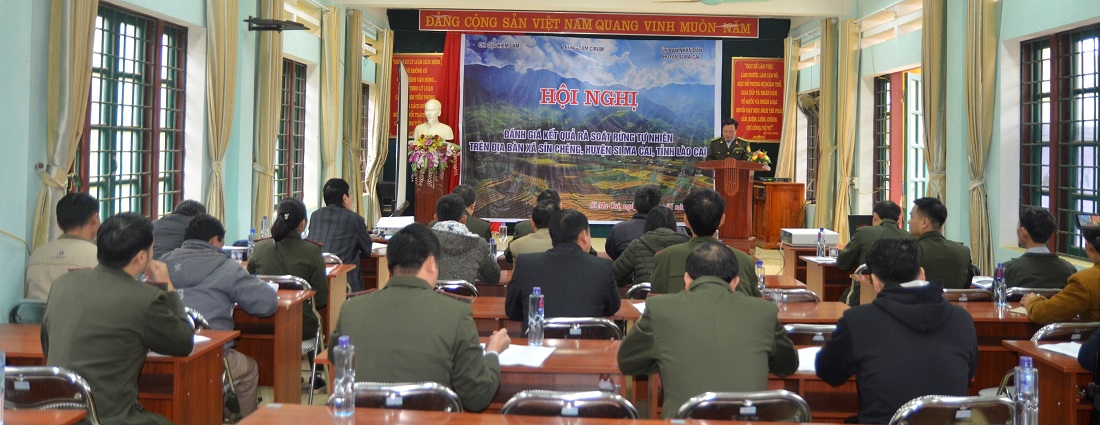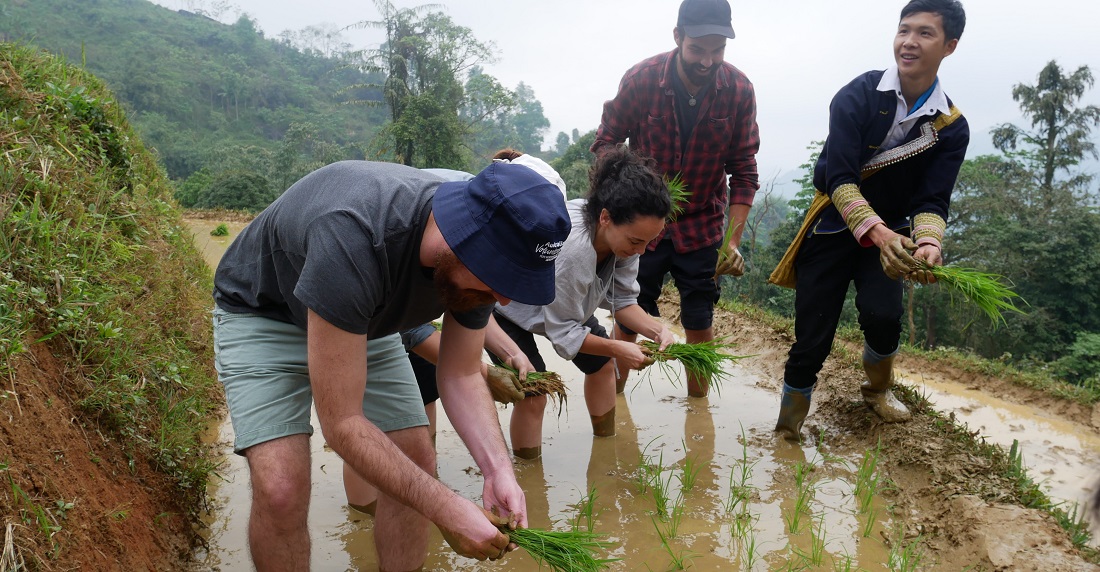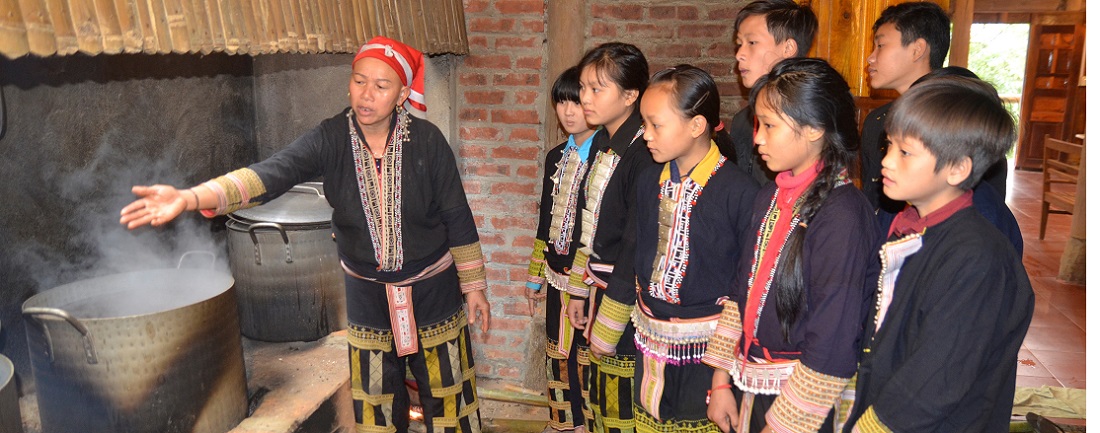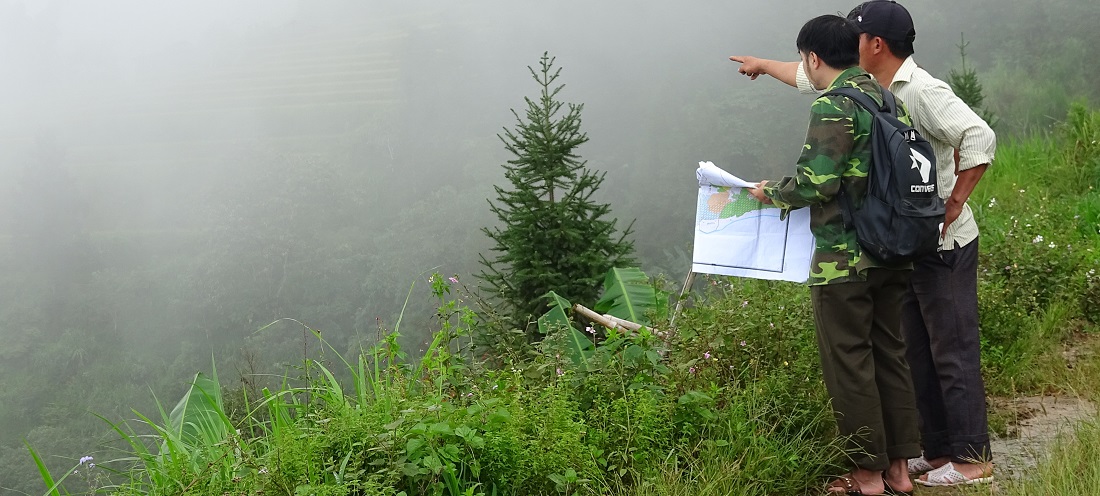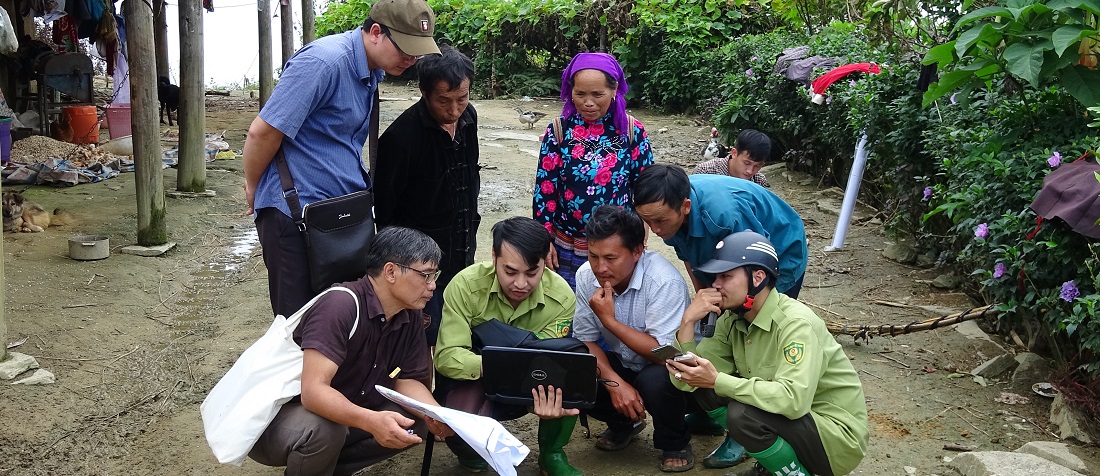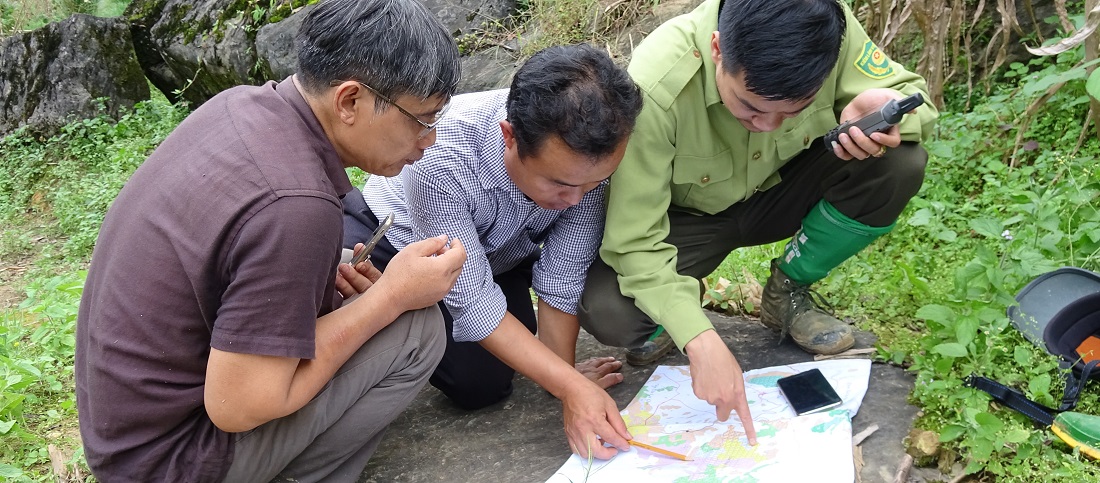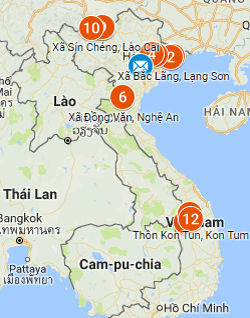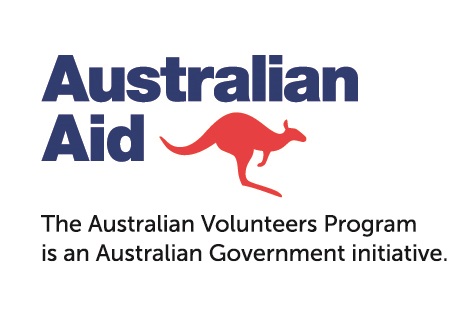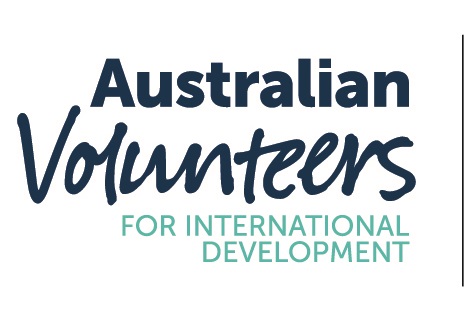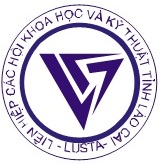Policy Recommendation
Lessons learnt from the successful lobby/ advocacy to recognize traditional village forest and customary law in the newly approved Forest Law
- 1. It is critical to organize meetings and in partnership with supportive policy makers to update information and learn the needs and orientations of the policy makers in order to clarify suitable lobby objectives and strategy. Focusing on the needs of the policy makers, in coordination with experienced officials have also become an important strategy of CIRUM in lobby and advocacy to policy makers.
2. National and local experts as networking are important for lobbying process.
3. “Quiet” lobby is effective for sensitive issues in Vietnam political context.
4. Evidences should be available and ready at the beginning dates of lobby/advocacy so that we can submit consultation reports/ recommendation papers/ policy brief on time and on the needs of the policy makers. To this end, it is very helpful and crutial to have evidence based models on the ground representing popular issues.
5. It is necessary to have a full time staff who is persistently, continuously keeping an eye on the law drafting proposals, updating and responding timely to the changes. This personnel should have practical experiences, expertise in policy analysis and writing skill fitting with government policy makers’ language and legislative terms. Close cooperation between the expertised staff and other members of a committed working team is an important factor for the success of lobby/advocacy.
6. Lobby workshops/dialogues/advisory meetings should have involved target groups who are facing, suffering conflicted issues. NGOs act as supporting agencies who bridge different stakeholders, synthesize ideas and recommendations from different ethnic communities and locations for the final consultation papers or policy brief.
7. Flexible funding is needed for a successful lobby/advocacy. This arrangement gives a favourable space for lobbiest to work proactively with policy makers in the context of changing draft law proposals and the legislative updated requirements.
8. Inviting ethnic minority women to be chaired of meetings for practice making them more confident to involve in the open dialogue. The rate of women and men engaged in the LandNet is still an issue. Women are confident and strong on the village level yet it remains difficult to encourage them to step up and speak out at the meetings in Hanoi or outside their own communities.
9. Farmers-led activities are important to help themselves (especially women) stronger in both speaking and action during the lobby/ advocacy process.

